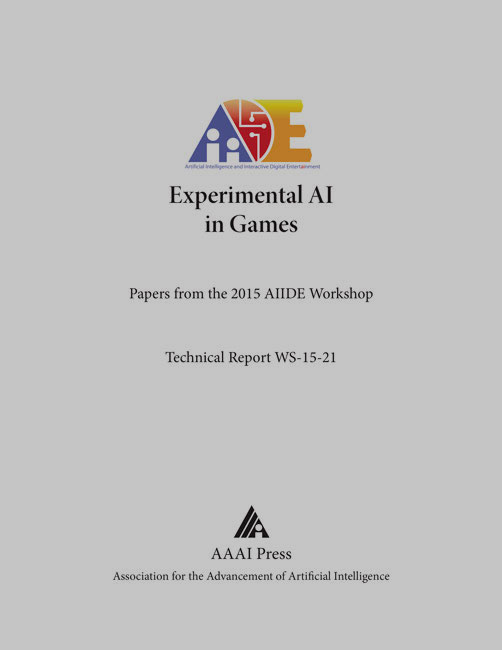Exploring the Use of Role Model Avatars in Educational Games
DOI:
https://doi.org/10.1609/aiide.v11i3.12814Keywords:
Avatars, Educational Games, Virtual IdentityAbstract
Research has indicated that role models have the potential to boost academic performance. In this paper, we describe an experiment exploring role models as game avatars in an educational game. Of particular interest are the effects of these avatars on players' performance and engagement. Participants were randomly assigned to a condition: a) user selected role model avatar, or b) user selected shape avatar. Results suggest that role models are heavily preferred. African American participants had higher game affect in the role model condition. South Asian participants had higher self-reported engagement in the role model condition. Participants that completed <= 1 levels had higher performance in the role model condition. General trends suggest that the role model's gender and racial closeness with the player, could play a role in player performance and self-reported engagement as consistent with the social science literature.

